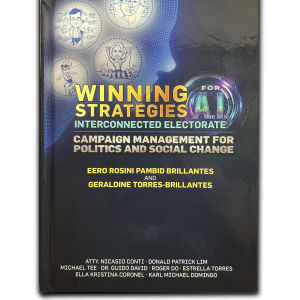The Commission on Elections (COMELEC) has reminded all political parties, candidates, and party-list groups to refrain from spreading false information on social media.
At the National Election Game Changer Summit in November 2024, COMELEC Commissioner Nelson Celis urged candidates not to post misinformation or disinformation on their social media accounts.
“Don’t post any fake news that would create disinformation or misinformation. Otherwise, you will be committing an election offense,” Celis said.
He referenced COMELEC Resolution 11064, which requires candidates and parties to register their official social media accounts, websites, and other online campaign platforms with the commission.
The poll body has also formed a “Task Force Katotohanan, Katapatan at Katarungan sa Halalan” to monitor and regulate social media content, including attacks or false information targeting COMELEC, its officials, and the electoral process.
“So far, we have 2,000 social media accounts that have been registered to COMELEC,” the official added.
Celis reiterated that COMELEC is committed to ensuring credible elections and combating misinformation and disinformation.









